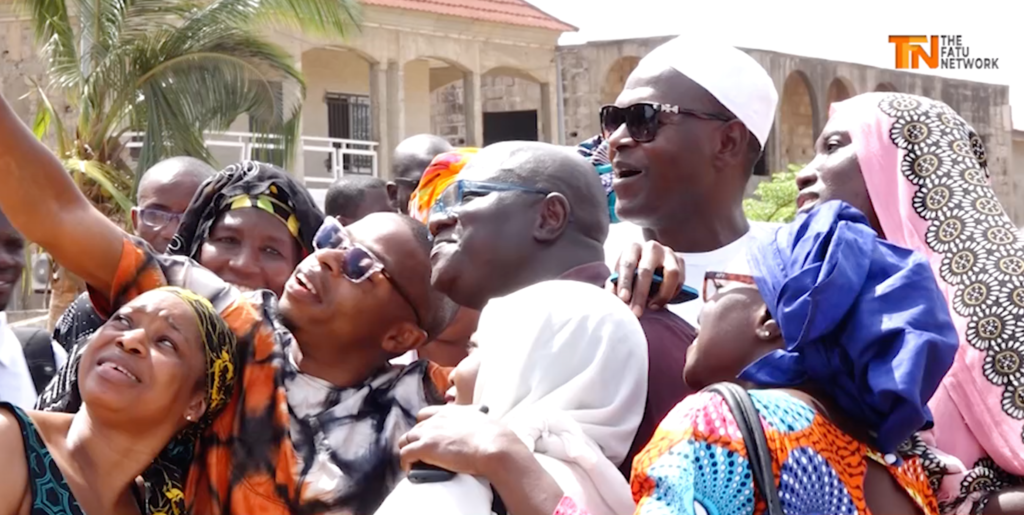On Friday 10 July 2020, the Inspector General of Police (IGP) released a statement indicating that the government would be dropping charges against Madi Jobarteh. Mr. Jobarteh was arrested on 30 June 2020 and charged with false information and broadcasting under Section 181A (1) of the Criminal Code. His only offence was stating that the Gambian government was not doing enough to investigate the disappearance of certain individuals.
While we are happy to hear about Mr. Jobarteh’s release, we are even more disturbed about his unjustified arrest in the first place. To appreciate the fact that the Mr. Jobarteh’s fundamental rights were violated, it is important to look into the genesis of the law that was used to arrest him. Section 18 A (1) of the Criminal Code was added to the Gambian law books in 2004 by the-then dictator, Yahya Jammeh.
This law was designed to specifically crush all dissent against the dictatorship. The targets of this section of the law were journalists, civil society activists and ordinary law-abiding Gambians. Under the new dispensation, it is highly troubling that this specific law is still being used to muzzle freedom of expression.
It is also important to point out that the government, acting through the IGP, had a baseless case against Madi Jobarteh to begin with. Mr. Jobarteh simply pointed out there have been police brutality and killings that happened during the Jammeh regime, as well as under the current regime.
It is a simple matter of fact that there were no completed investigations and prosecutions of those incidents that Mr. Jobarteh mentioned. In other words, the specific cases he mentioned were matters of indisputable facts that are publicly known. Therefore, there was no basis to arrest Mr. Jobarteh.
Based on what has transpired, it appears that Mr. Jobarteh was only guilty of making a statement that annoyed the police and the government. It is therefore reasonable to conclude that by arresting Madi and forcing him to be bailed, the government was trying to discourage dissent in the country by making an example.
The fact that Mr. Jobarteh was arrested and was forced to report to the police daily for nearly two weeks, which disrupted his life, the government may have already achieved the above objective that criticizing it would carry stiff consequences. This is unacceptable in a democracy.
The current government has had almost four years to remove that offending clause from our Criminal Code. Unfortunately, the draft Criminal Code bill submitted to the National Assembly by the Ministry of Justice still contains the “false information and broadcasting” section. We are therefore calling on the National Assembly members to remove this portion from the draft Criminal Code. That section is a legacy of the Yahya Jammeh dictatorship and it allows the government to needlessly violate the rights of citizen. This was not the change the Gambians voted for in 2016.
We would like to conclude by acknowledging the invaluable roles played by various individuals and organizations in getting this baseless charges dropped. The Association of Non-Government Organizations (TANGO) played a significant role in building pressure.
The Gambia Press Union (GPU) played a key role in keeping the issue covered, which increased pressure on the government. The National Human Rights Commission (NHRC) also played a key mediating role. This episode highlights the important role that civil society and non-government actors can play to nurture democracy in the country. It also highlights the dangers of complacency in believing that there would automatically be democracy just because a dictator has been voted out of office.

